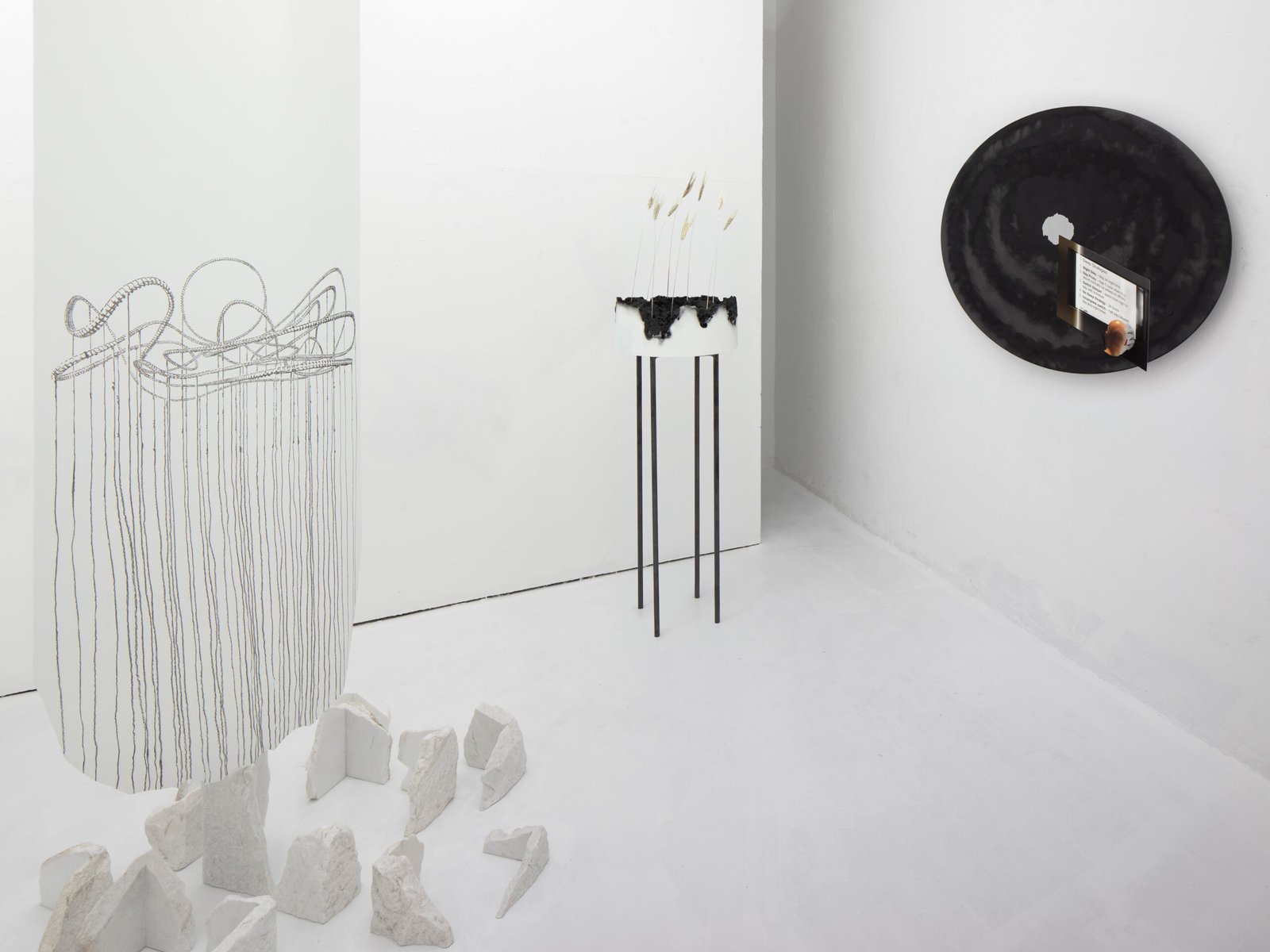
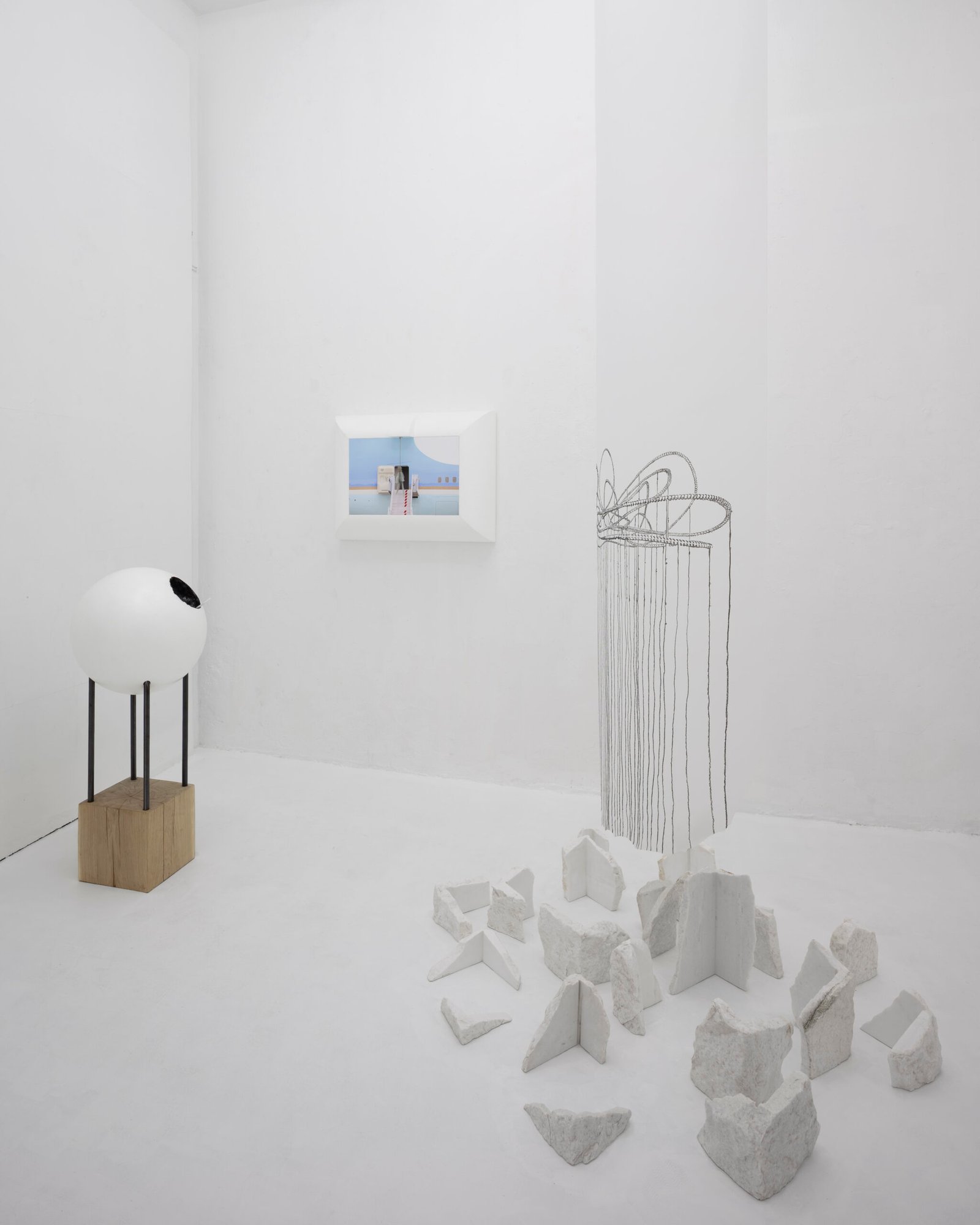

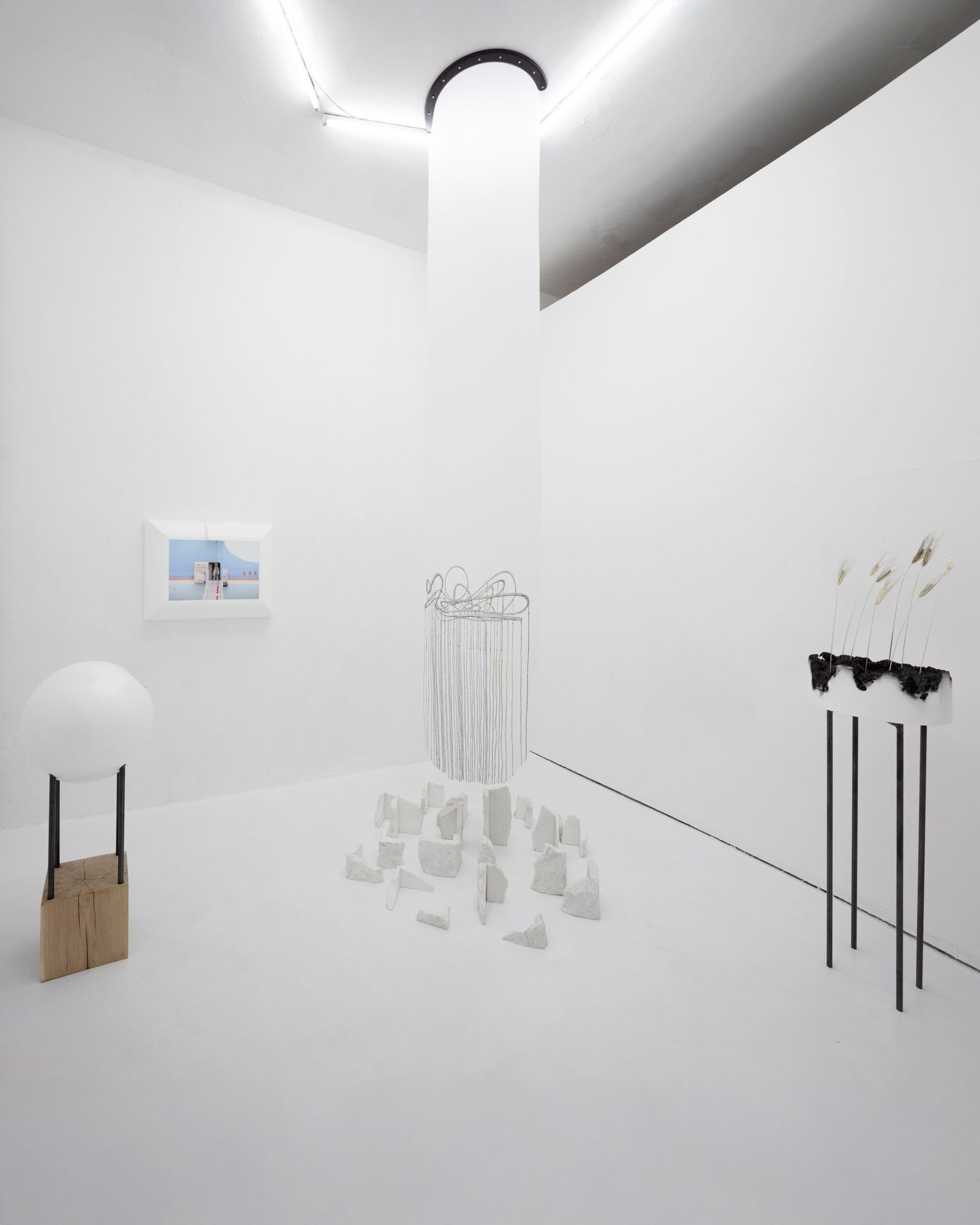
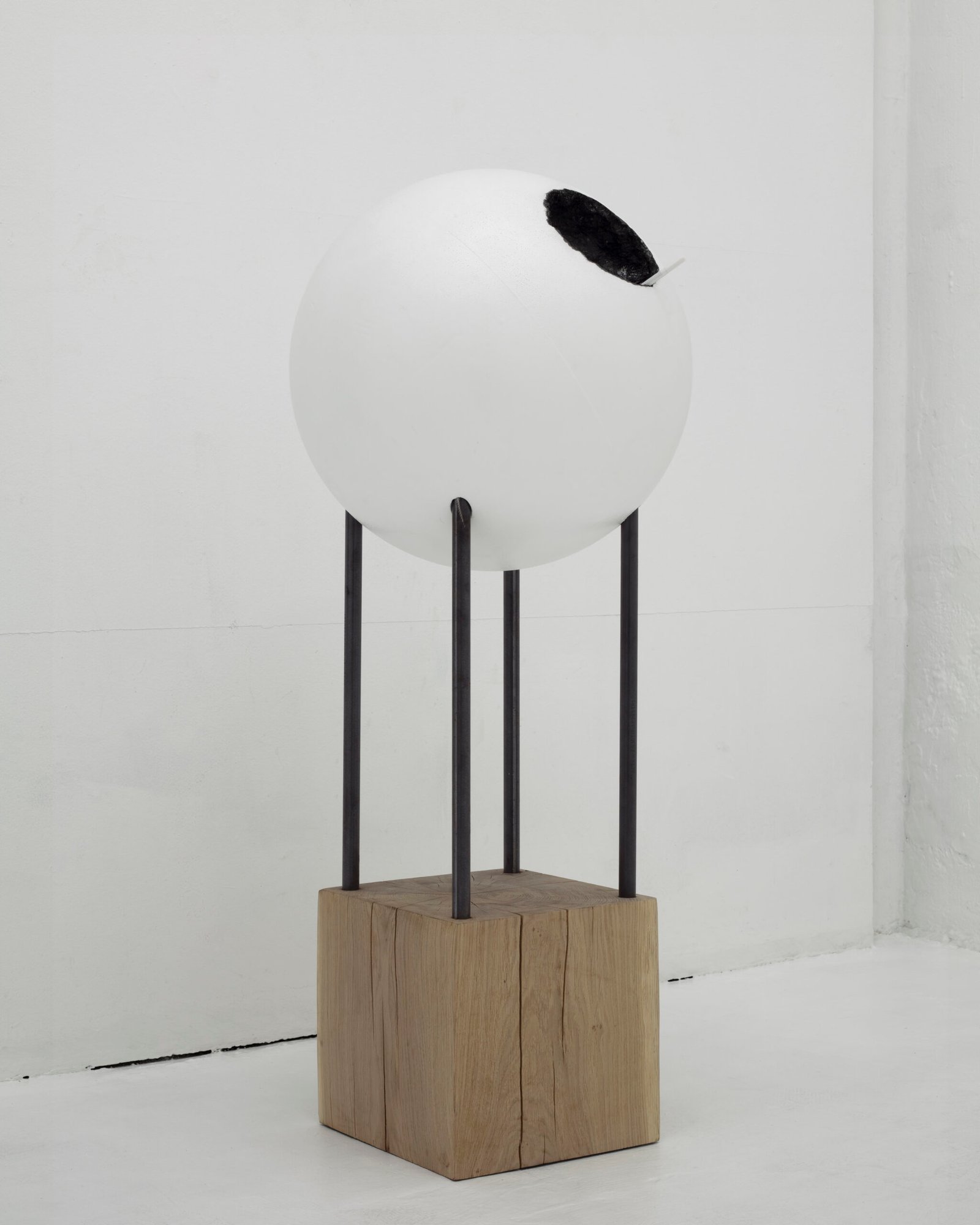
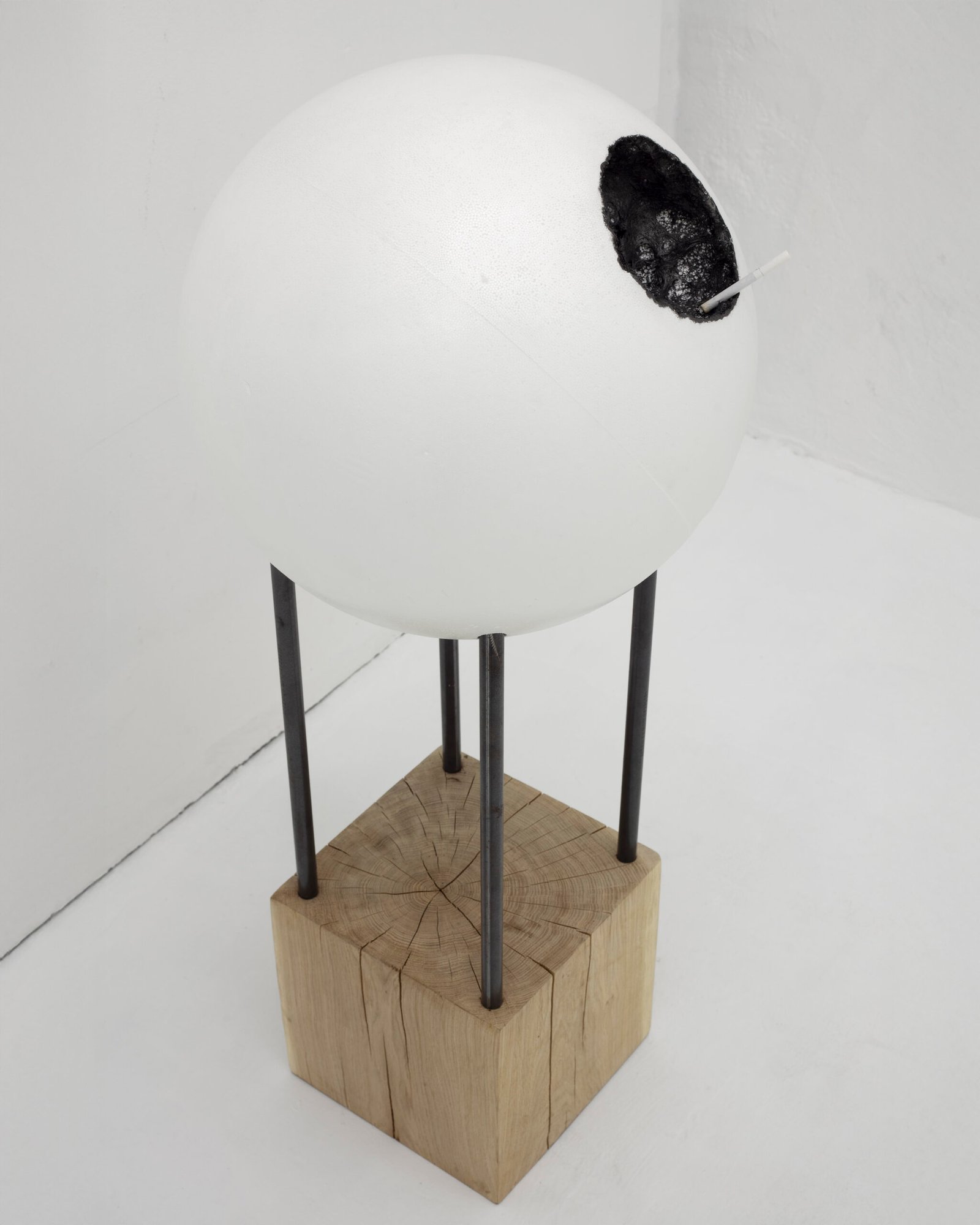
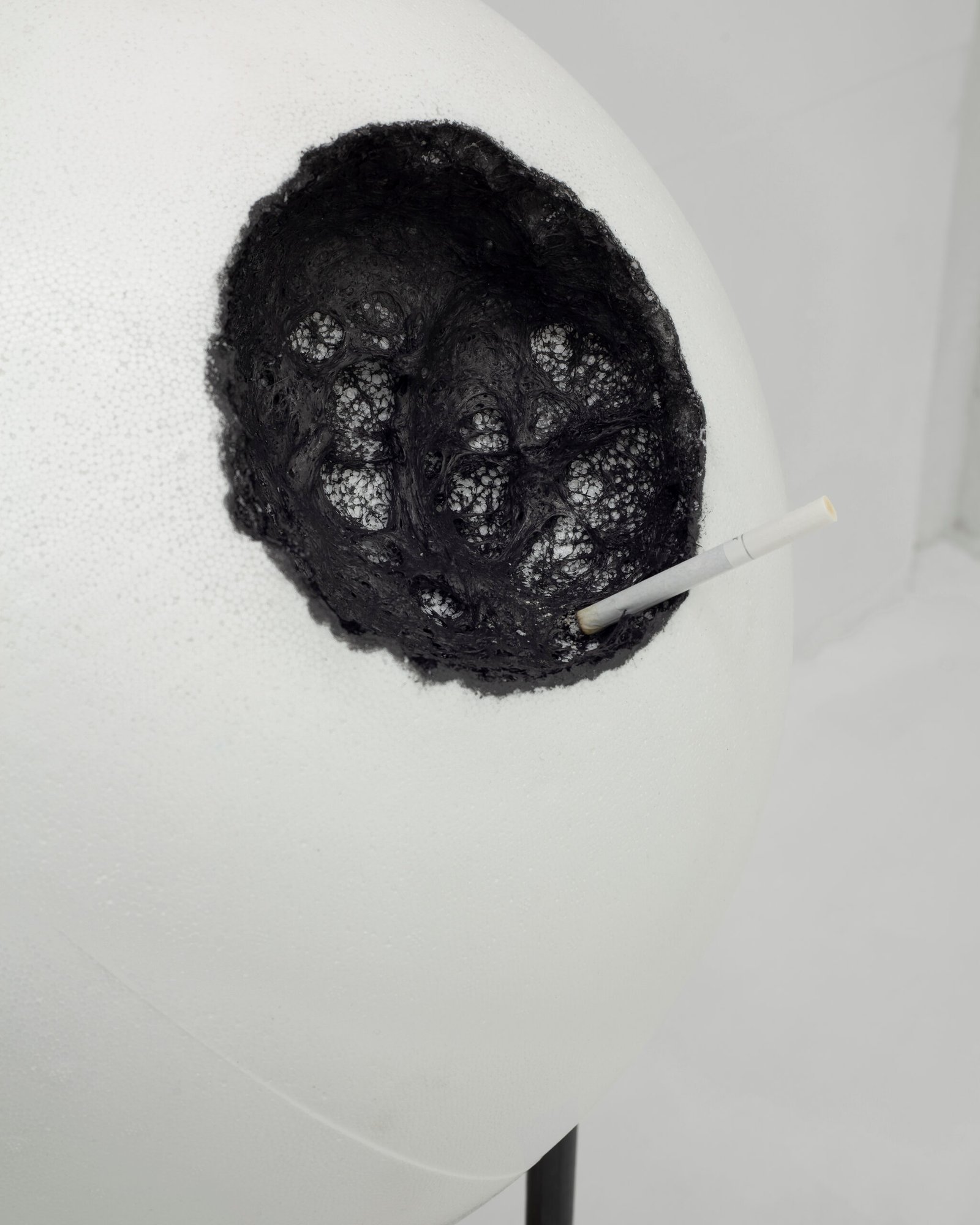
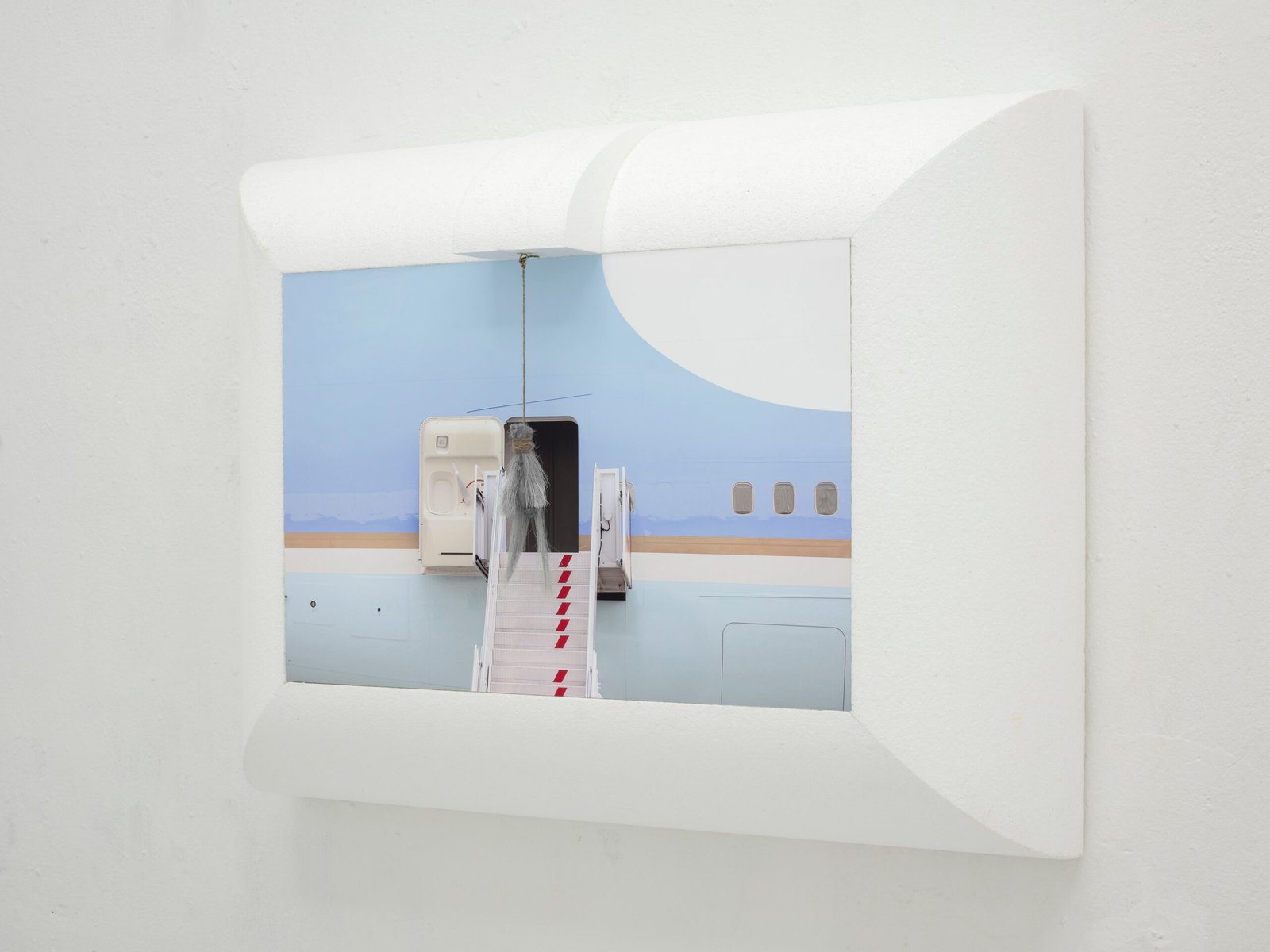
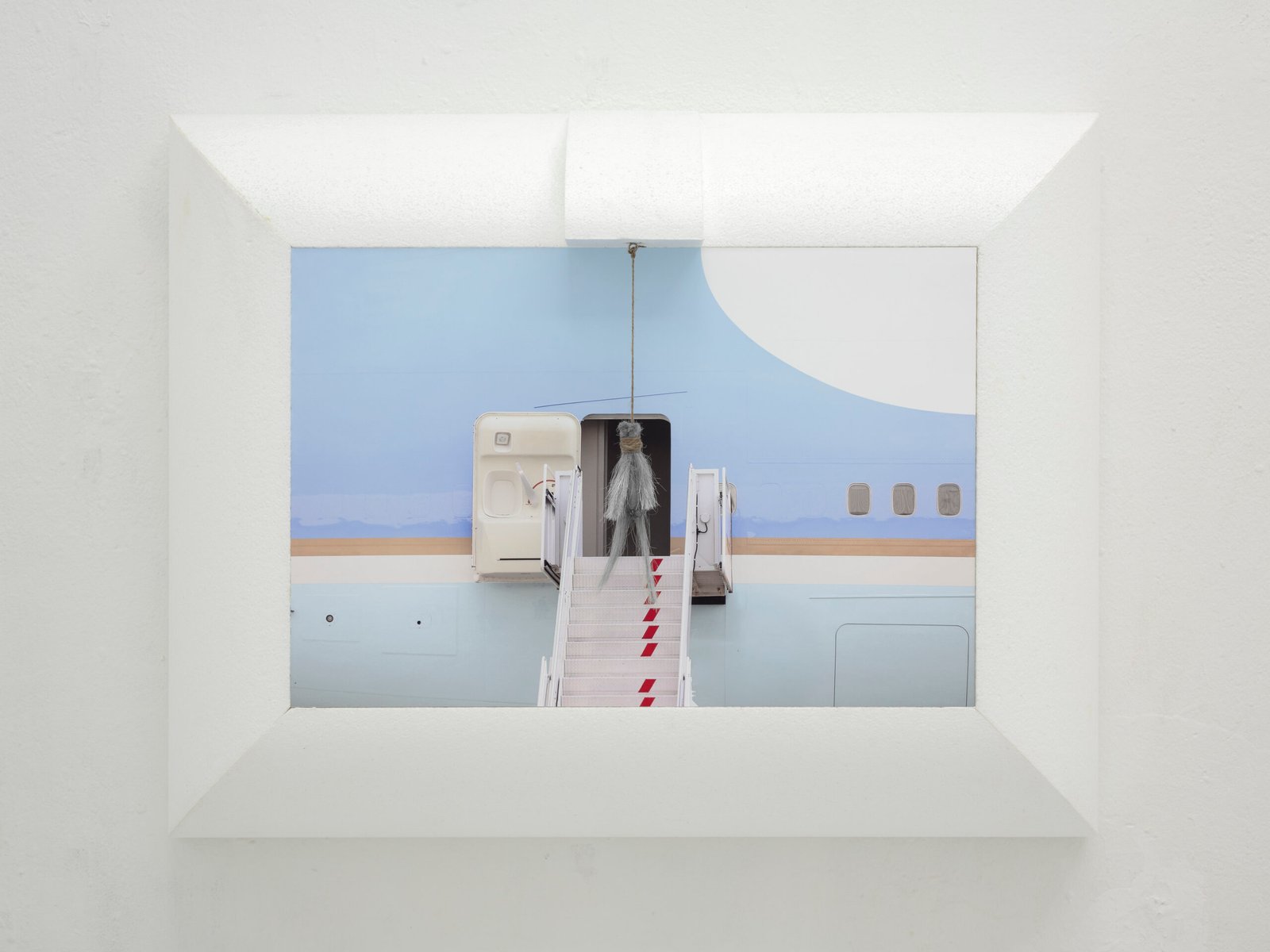
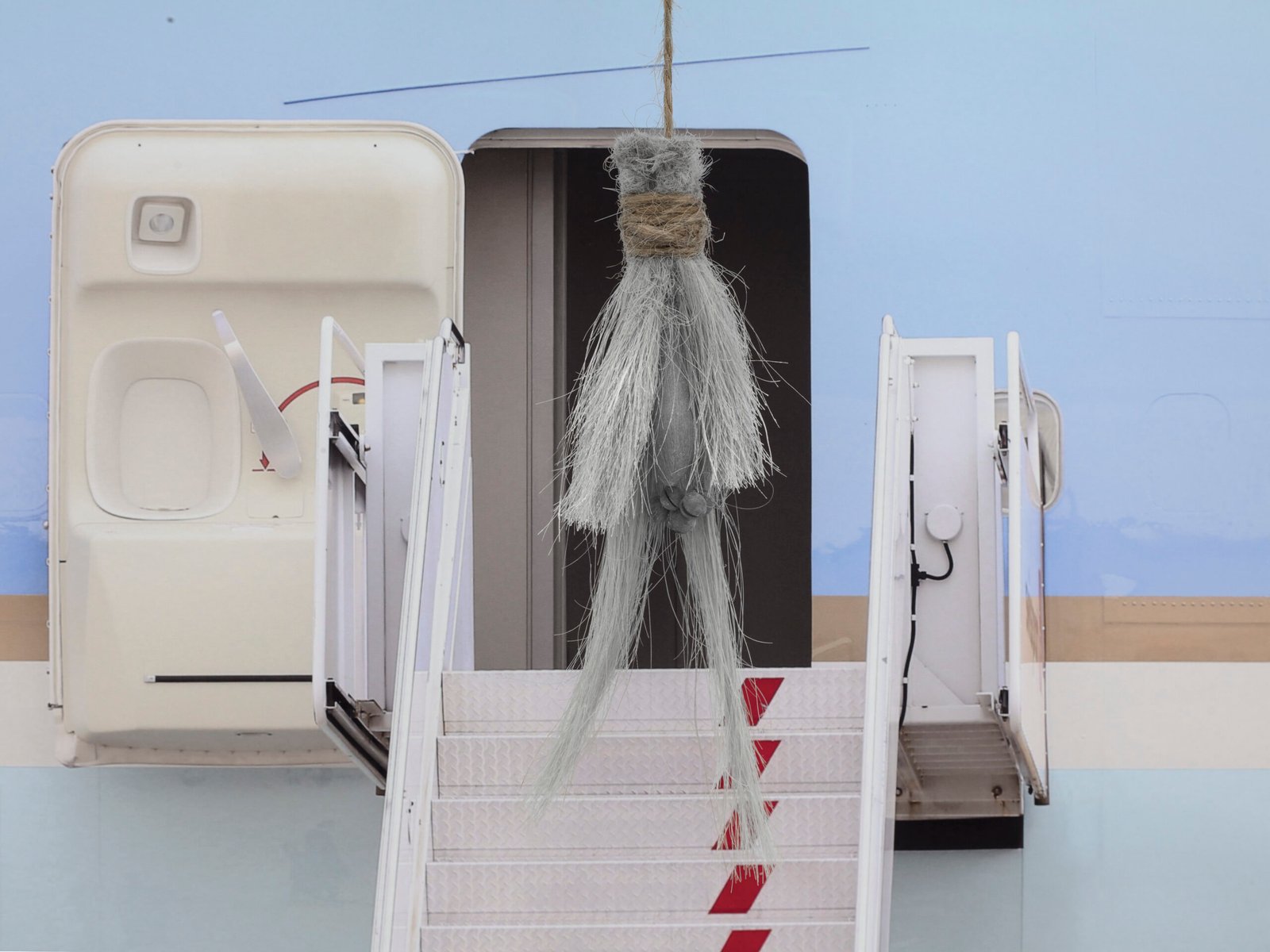
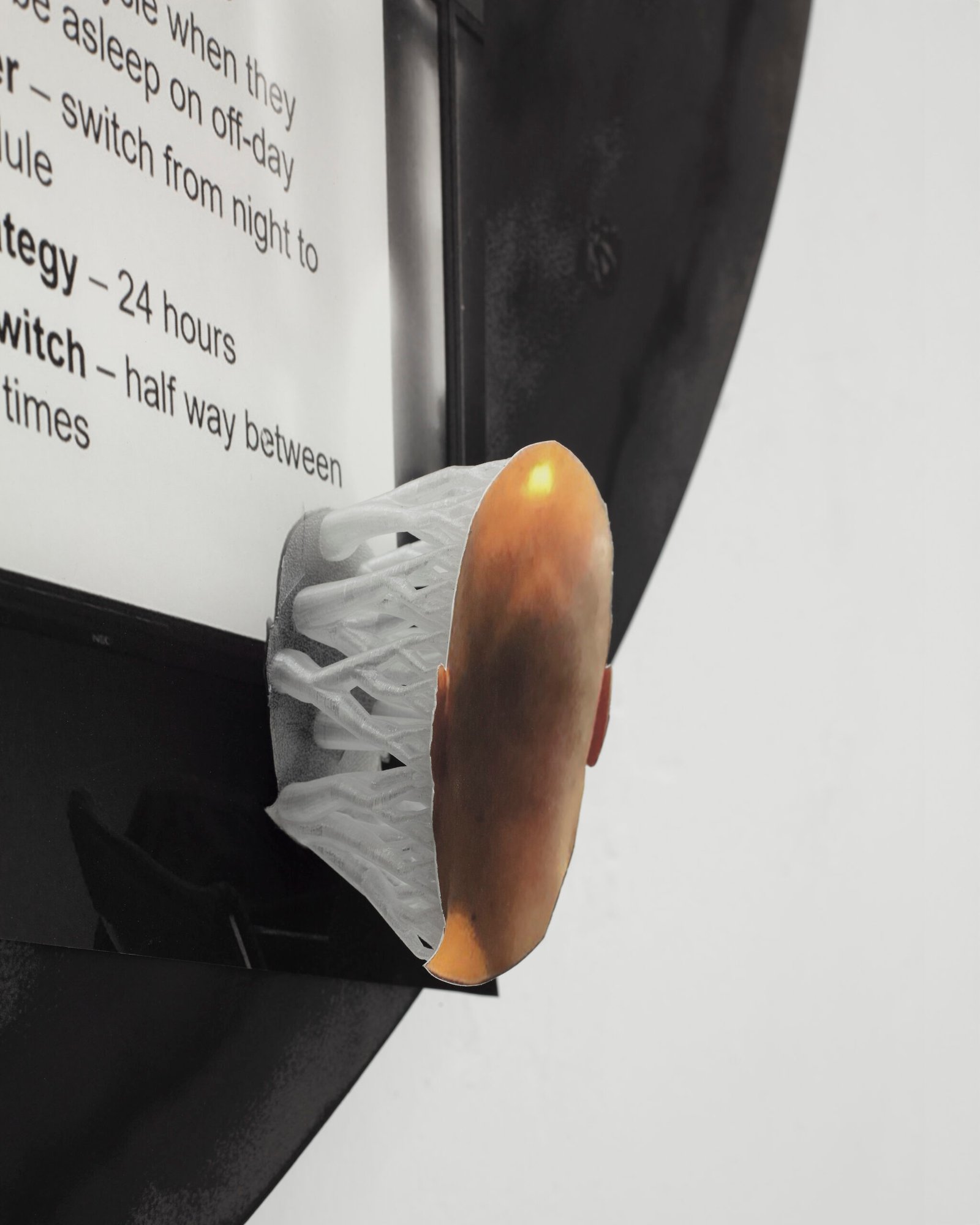
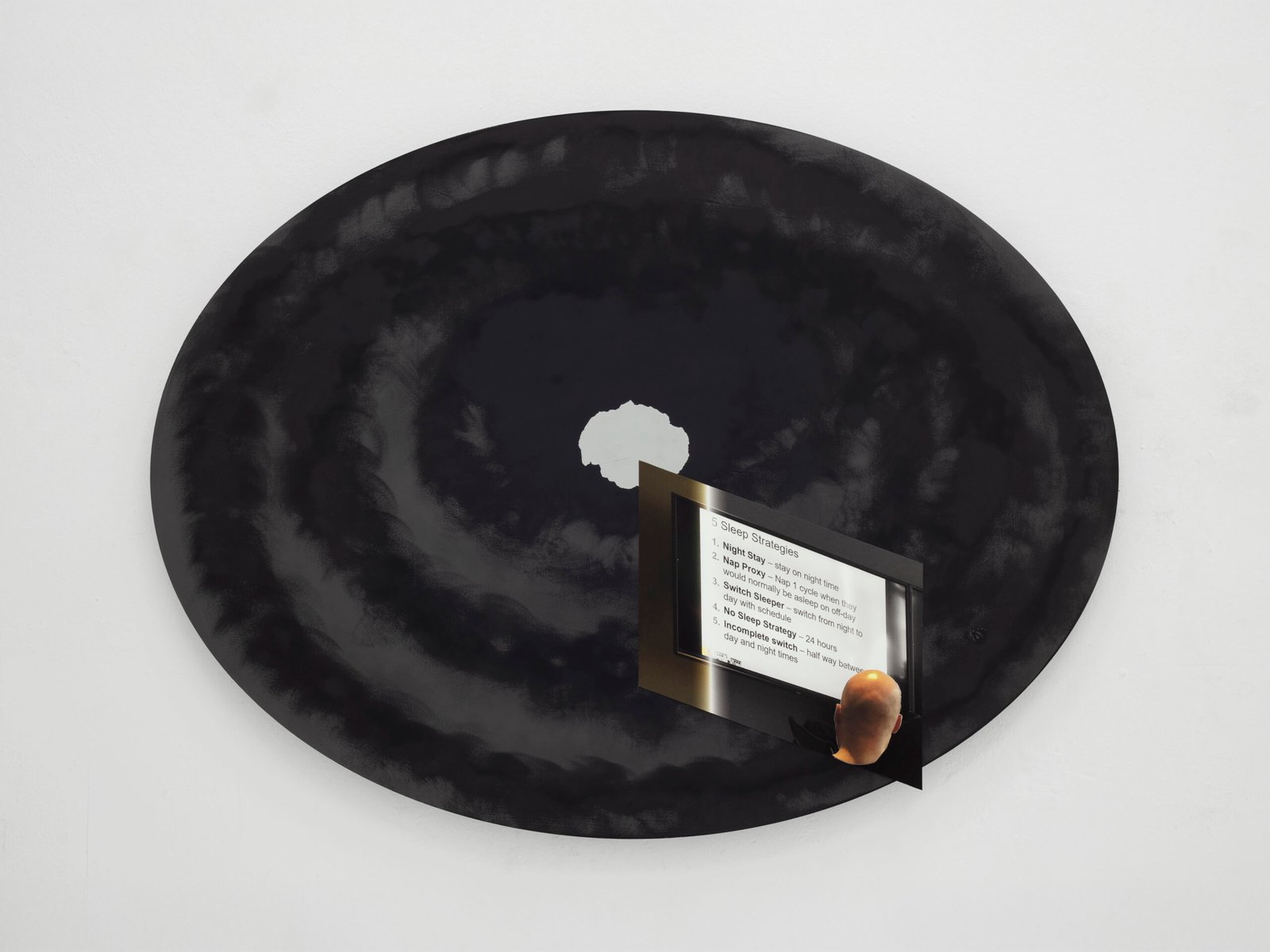
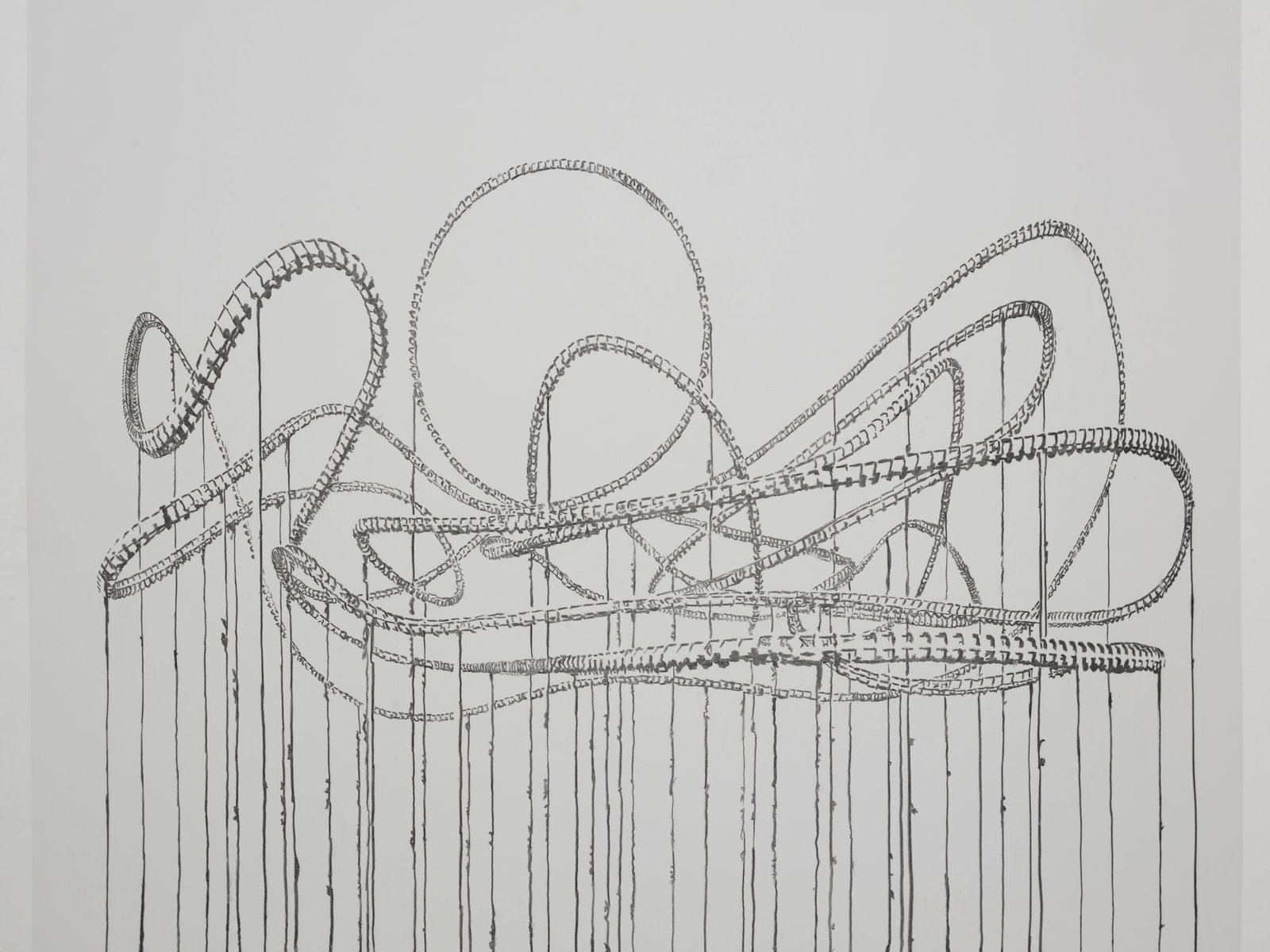
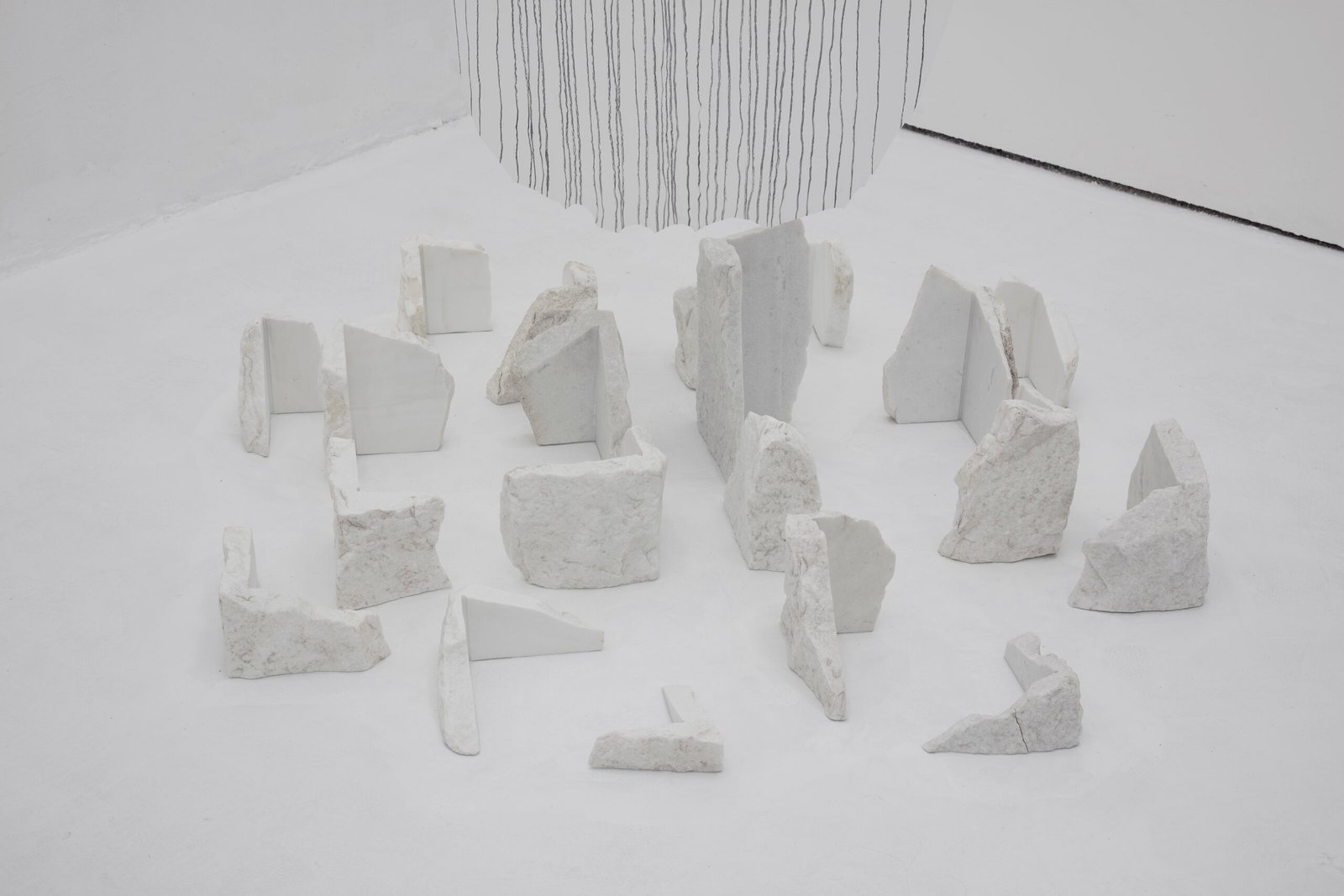
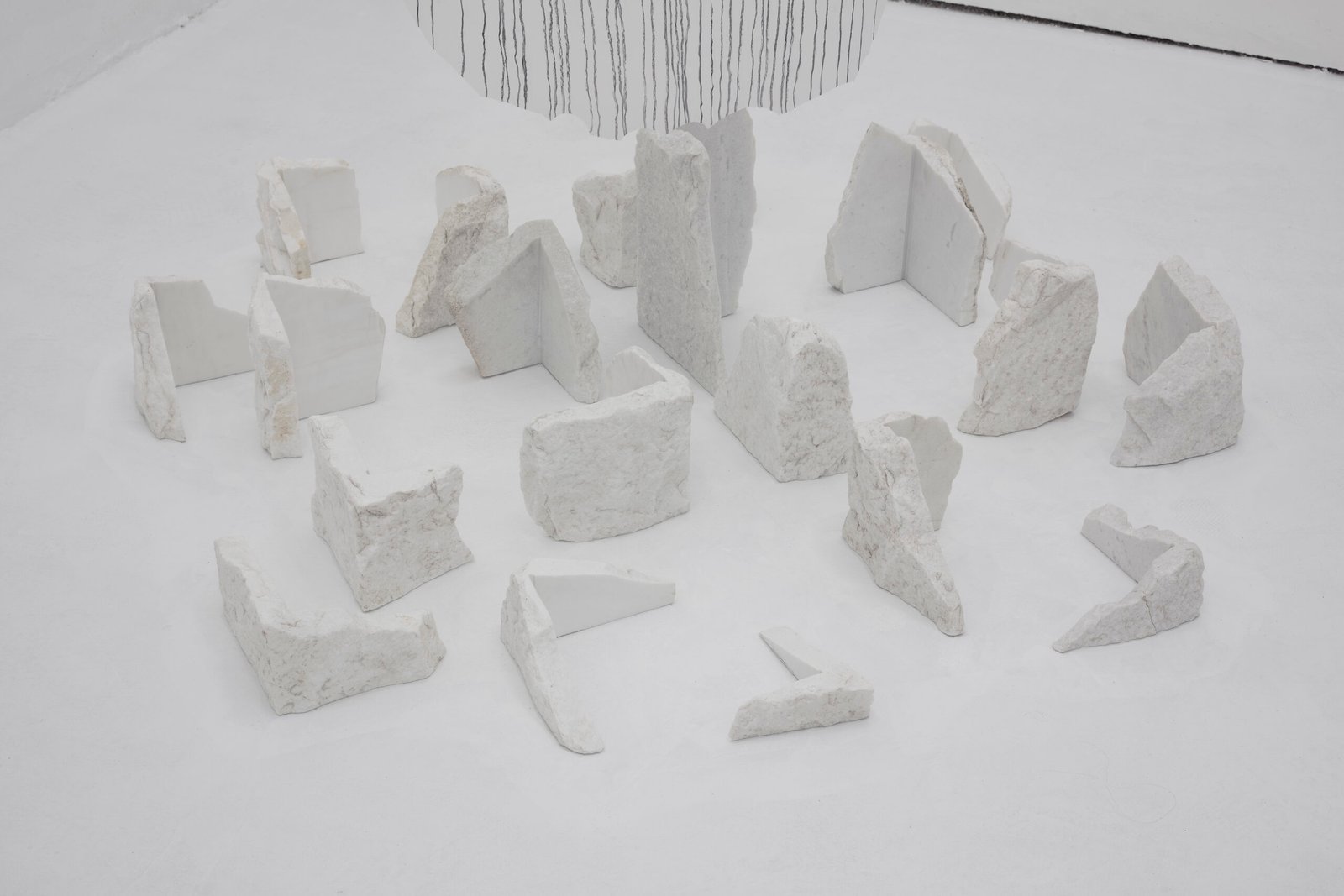
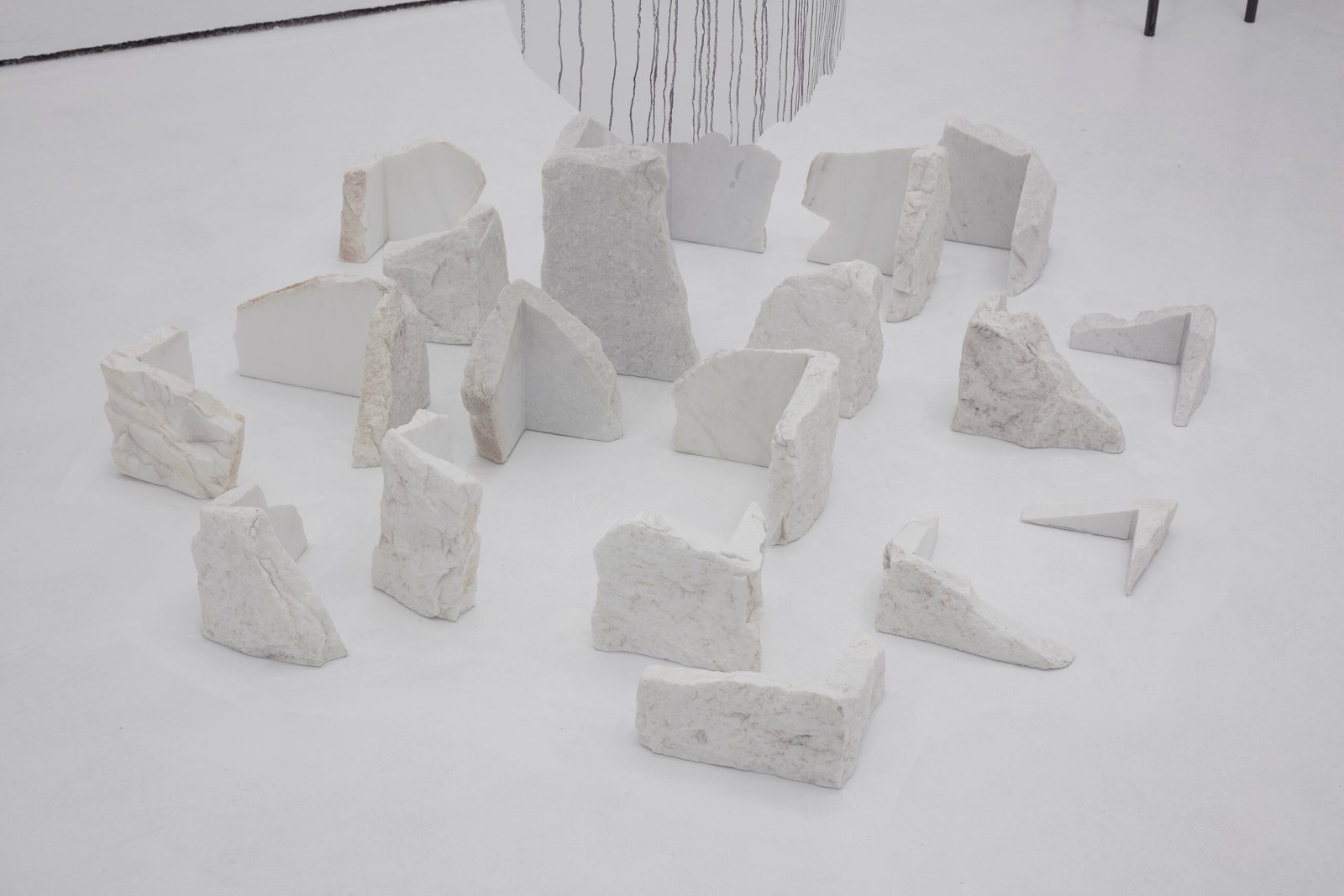
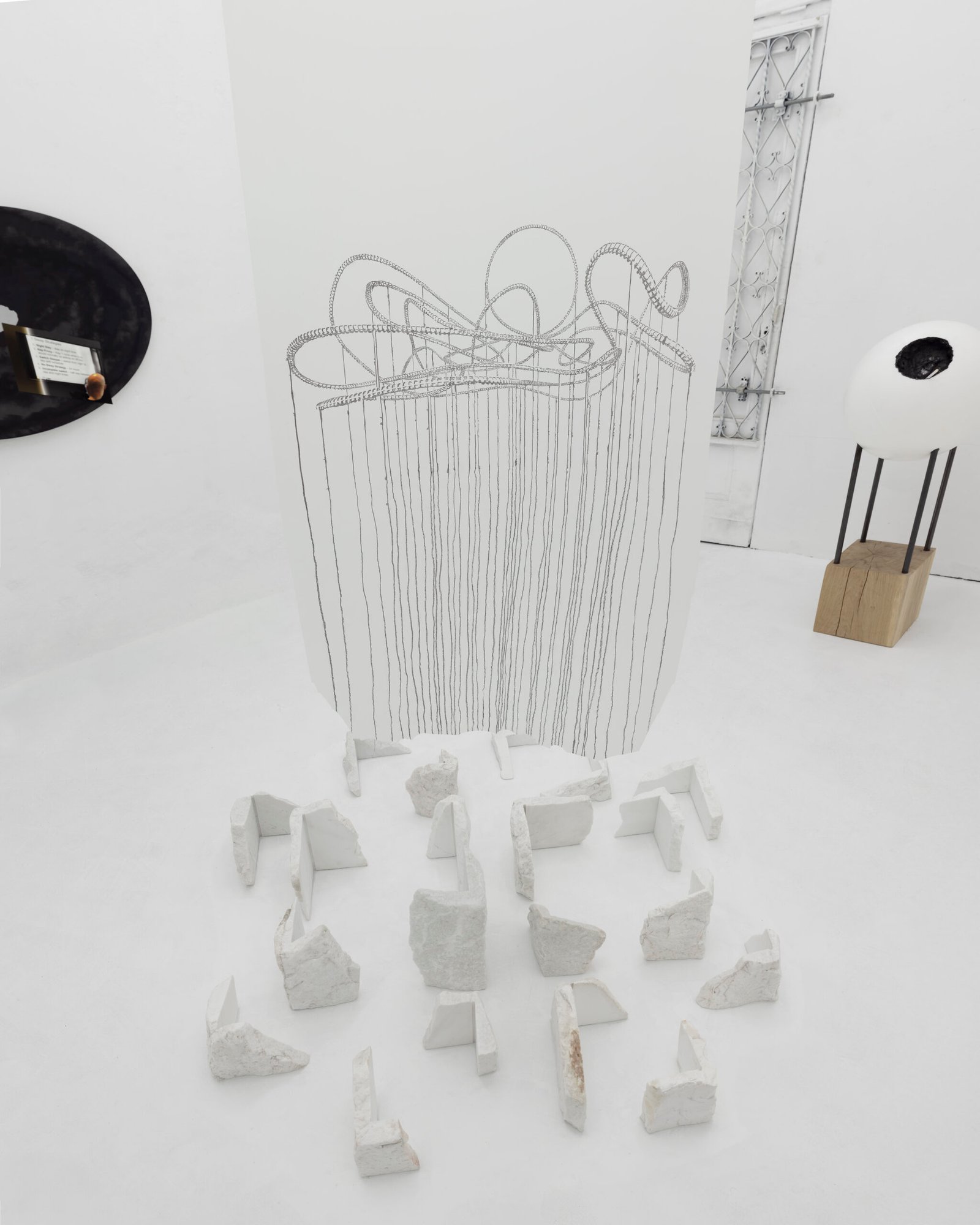
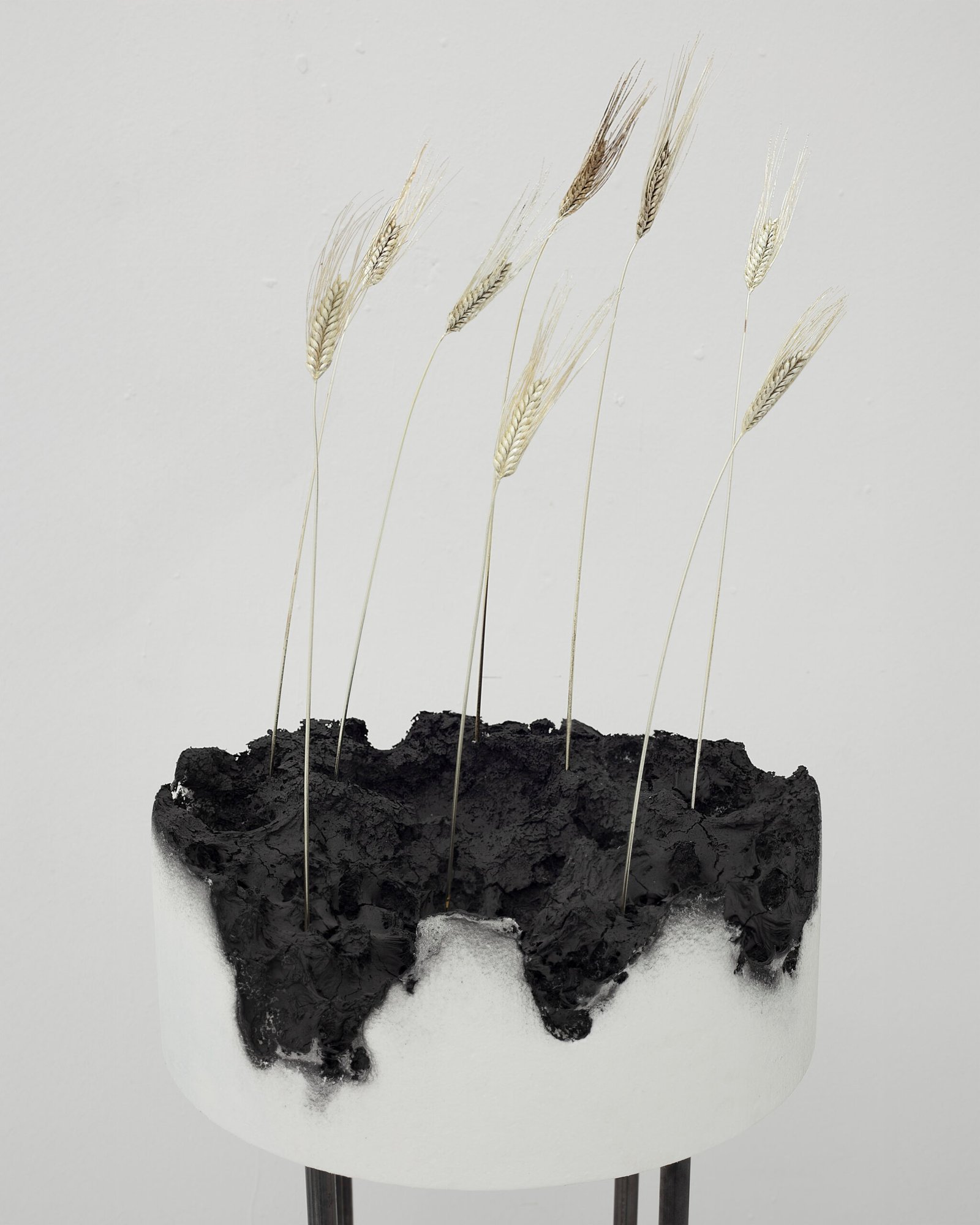
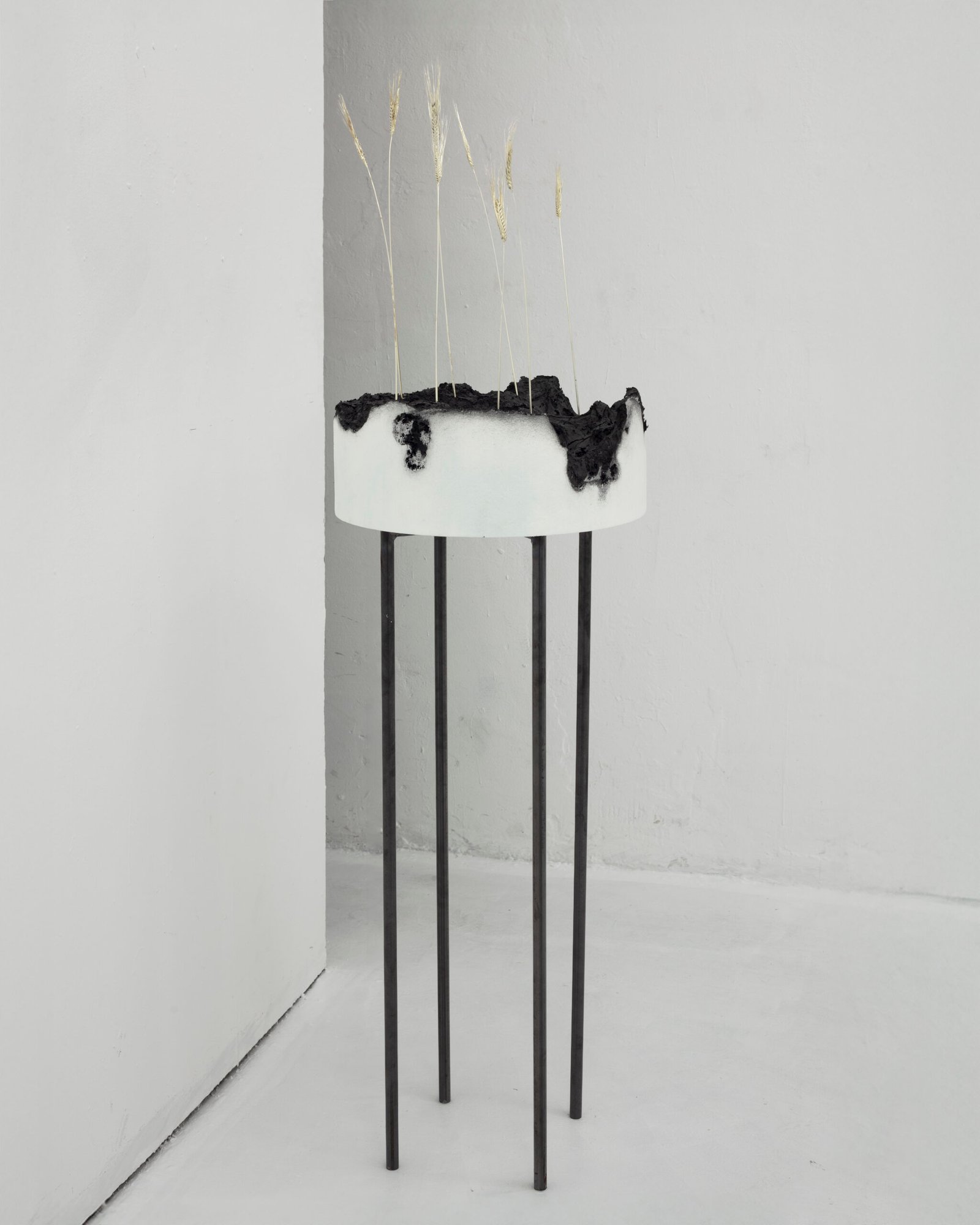
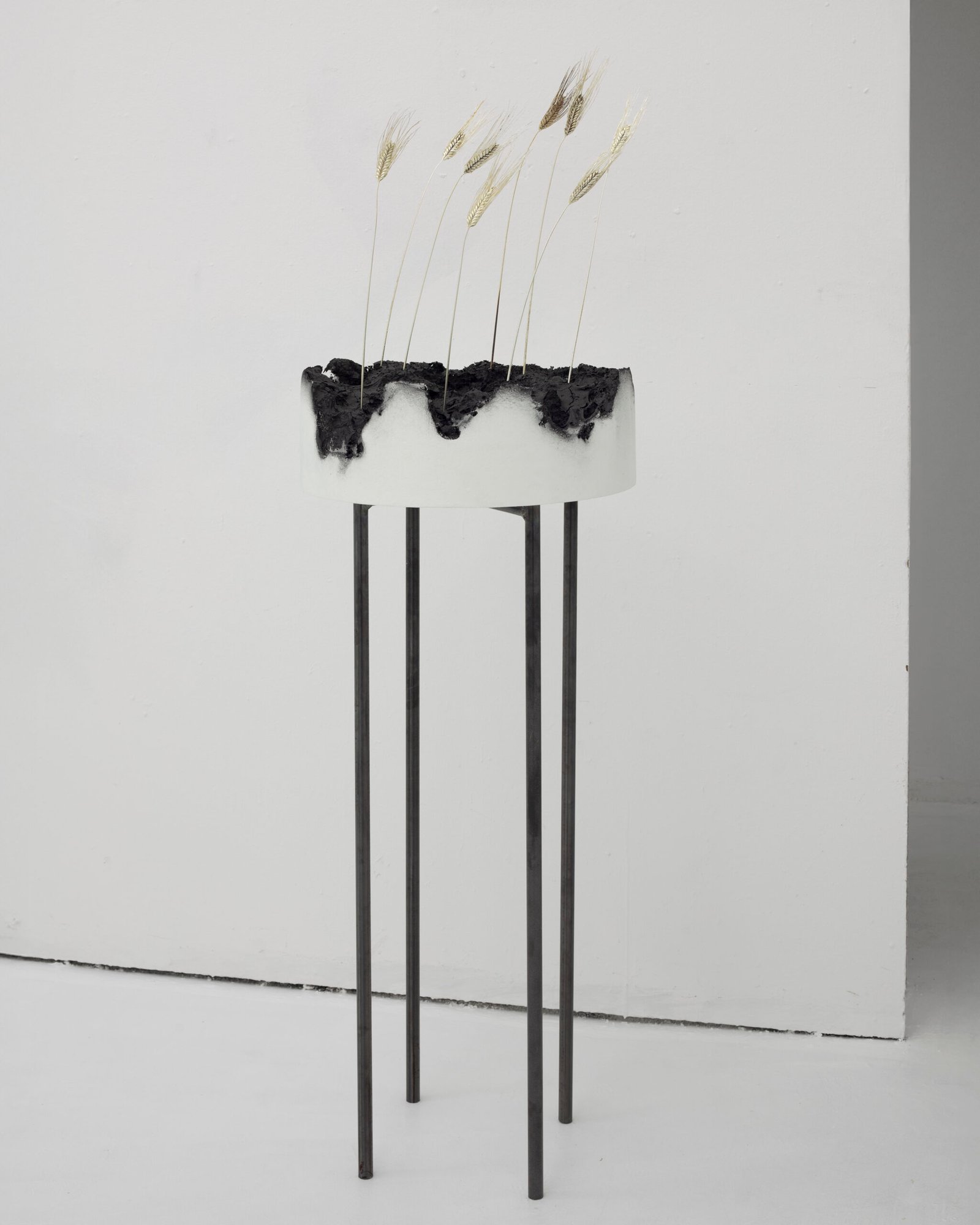
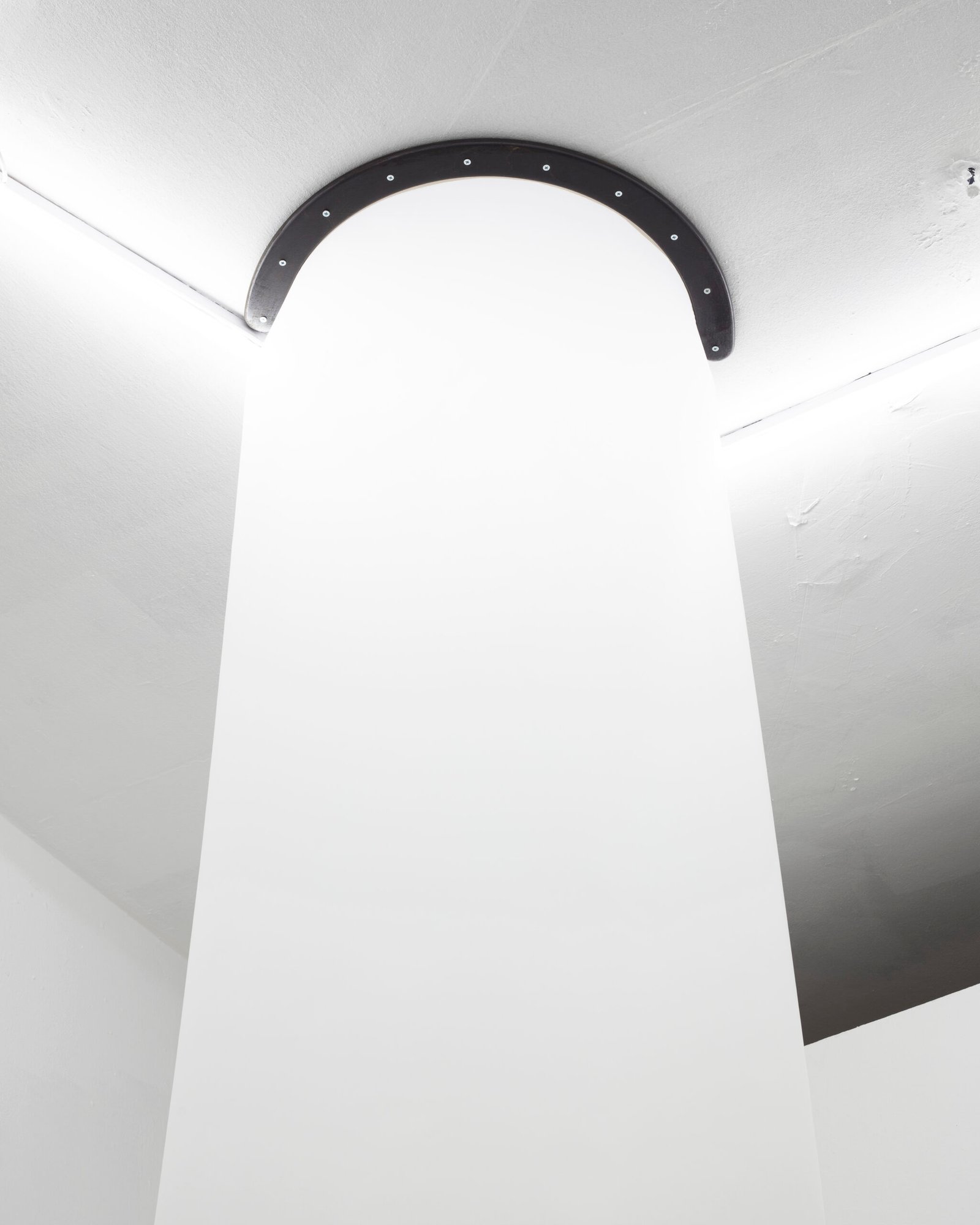
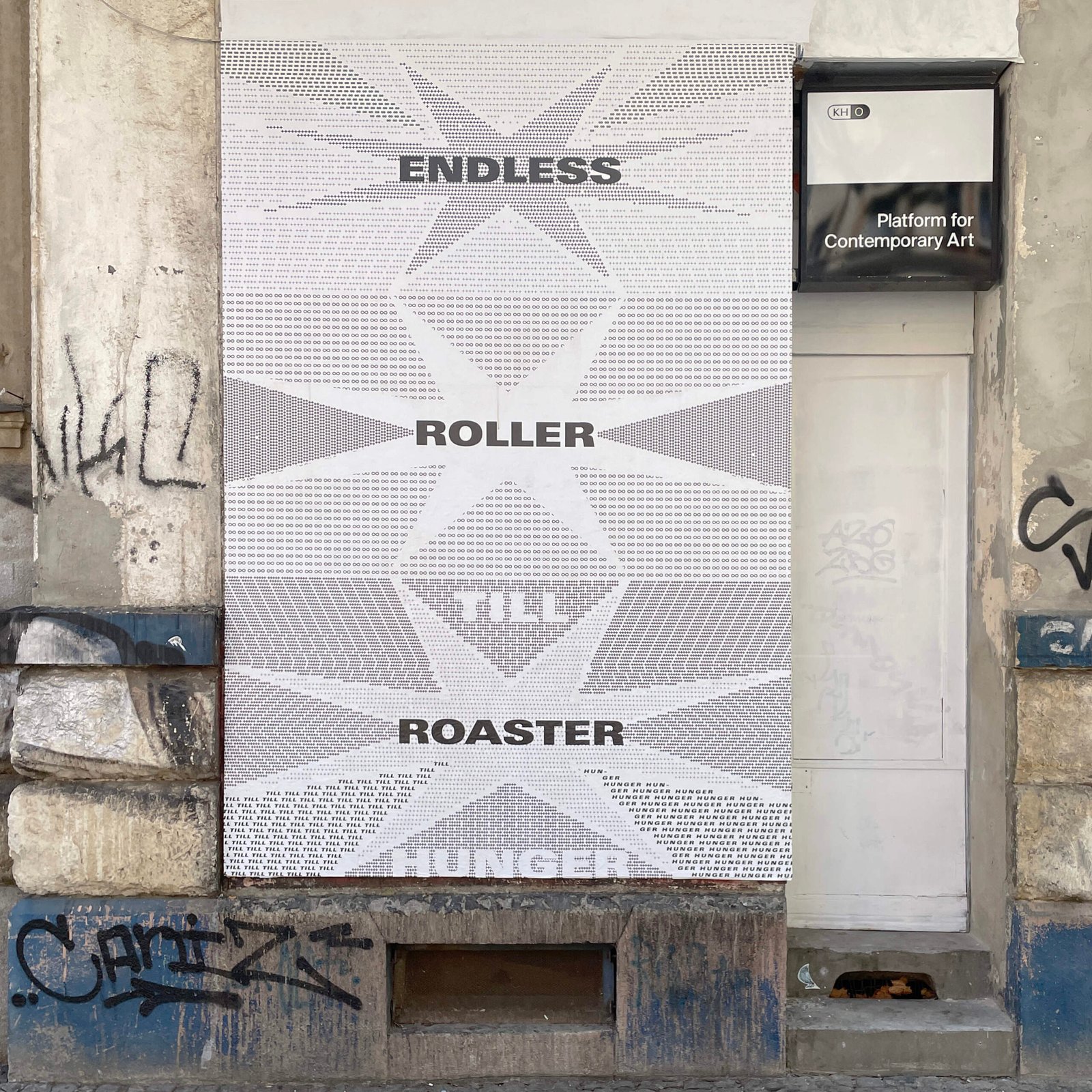
Endless Roller Roaster _ Till Hunger @Kunsthalle.Ost Leipzig
In the final breaths of winter, as spring’s first three-days-on, three-days-off rhythm began to weave itself in, I was pedaling up Pannierstraße. Nothing felt out of place along this familiar artery that stitches Neukölln to Kreuzberg. Berlin, unlike New York, grants its residents mostly street-level sightlines; even a sixth-floor balcony barely pierces the skyline. Aside from the Park Inn, the Fernsehturm, and a scatter of midrise housing blocks, the city offers few perches for a “man-in-the-high-castle” view.
The early-spring sky was a cold blue, freckled with clouds. Five-storey façades framed the lower edge of the horizon; treetops threaded between them. Then the perspective slipped—quietly, seamlessly—into a new paradigm. Rising above the roofs was a gleaming glass tower by Bjarke Ingels Group: an alien shard in sleepy Neukölln, a stranger at my own party whose name no one bothers to mention.
The Amazon Tower now stands a stone’s throw from Warschauer Straße’s didgeridoo techno buskers, Berghain at our backs and poke bowls waiting for the early dinner crowd. In front of the EDGE Tower, a graffiti-scarred quarter-pipe invites BMX riders to launch toward the same sky that reflects off Jeff Bezos’s latest Berlin colony. I roll up Pannierstraße towards the Edge tower feeling both seen and unsettled.
Cinema has always foreshadowed the machinery of tomorrow—LOTR Palantíri for data barons, Minority Report billboards for the algorithmic age. Reclining in a gummy-bear-shaped lounge chair, belly full of corporate-sanctioned Hawaiian salmon, I scroll Alien-universe wikis about the Weyland-Yutani Corporation and its patriarch, Peter Weyland. The names blur: Musk. Zuckerberg Bezos. Altman. Cognitive dissonance tightens like a movie score at the turning point.
Sir Peter Weyland (b. Mumbai, India 1990) was a polymath industrialist whose patents on synthetic atmosphere processors and holographic interface protocols, filed while still in his teens, underwrote the creation of Weyland Corp in 2015. Knighted by 2025 and a Nobel laureate twice over, he ran his empire from the London Arcology but spent most nights in the orbital research station Clear Skies—an early test-bed for his life-extension regimen.
By 2023 Weyland’s R&D division unveiled David-1, humanity’s first convincingly selfaware android. The success of the David line funded deep-space colonization ventures, culminating in the 2051 establishment of Earth’s first off-world terraforming colony on Luna’s Sea of Tranquility.
While Paul Virilio identified speed within the temporal domain as a factor of power—one that influences society, politics, and not least human perception—Till Hunger, in his ongoing artistic engagement with material, narration, and staged form, examines the aesthetic conditions of endurance across biological, material, and medial layers. His work points to power constellations that enable, regulate, or subvert such forms of longevity.
Endless Roller Roaster stages an archaeology of power in which extractive and low- vs. high-tech materials—almost all sourced from online shopping platforms and rich in historical residue—serve as proxies for bodies moving through the long arc of techno-feudal ambition. Styrofoam,uncoated ThyssenKrupp steel, hacked Steinertoys, and elements of architectural planning as well as construction materials are recontextualized as carriers of affect, conflict, and legacy. Mining the Enlightenment’s dream of mastery over nature and the contemporary cult of longevity, Hunger composes uneasy tableaux: a fascist-inflected, neurotically contorted cleanliness wrestles with proletarian grit; high-tech aerodynamic skins sag over fragile cores; and hyperobjects like styrofoam mock the human desire to outrun mortality. Each work is both ruin and prototype—a brain rendered as a razed city, a roller-coaster sketched from DNA folds, a dreadlock baited on a string beside an up-scaled Air Force One. Through this surreal choreography of “minimalism-as-maximalism,” Hunger exposes the hierarchies that rank clean above unclean, endurance above ephemerality, and capital’s millisecond trades above biology’s slow decay. What emerges is an aesthetics of endurance that asks how long any material, narrative, or ideology can hold its form before time—corporate or cosmic—devours it, and how temporality shapes the value we assign to its persistence.
TXT: F.C. Dunbar


